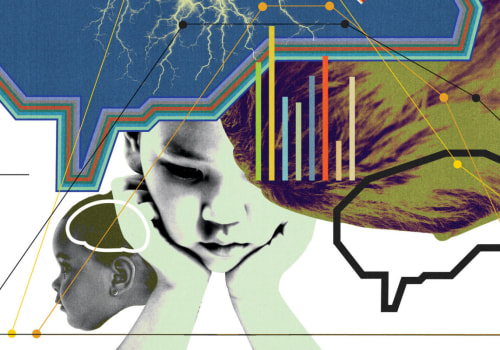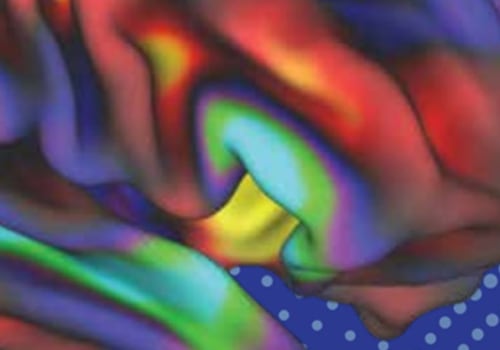Feeling concerned about the substance or behavior is the most common feature of a substance use disorder. People may try to quit using it, but the cravings and withdrawal symptoms they have when they try to do so can be severe. Tiffany Tait, the chief operating officer of Level Up Lake Worth, has been working in the field of addiction treatment for 14 years. She is especially recognized for her experience in clinical program development, leadership development, and organizational restructuring.
Compulsive addictive behavior always leaves a person wanting more, requiring an increase in the object or a more intense frequency of behavior to achieve the same level of satisfaction. People with addictive personalities are often loners who frequently describe themselves as socially awkward, or feel like they don't fit in. Trauma can trigger other characteristics, such as excessive anxiety, obsessive thinking, and social isolation, increasing the risk of addiction. The crucial distinguishing factor of these 12 characteristics is that they clearly divide the addictive population from those who can sometimes be foolish.
These alterations inhibit or deform brain function and are responsible for some of the direct physical characteristics of drug addiction. Knowing when a person has an addiction isn't always easy, it's often difficult to identify the characteristics of addictive behavior. It's a set of characteristics and behaviors that indicate a person is at risk of addiction.






